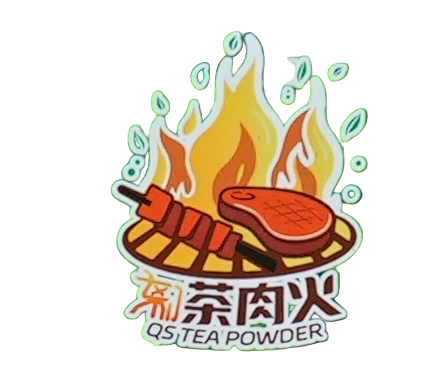Gansu, located in northwest China, has diverse landscapes, ranging from vast grasslands to deserts and mountains, with a variety of climates. This region is home to multiple ethnic groups, including Hui, Han, and Tibetan people, each adding their own unique cultural influence. Tianshui, an important agricultural area in Gansu, has a long history of tea culture. Tianshui white tea, known for its distinctive quality, holds a special place in Chinese tea culture and is a symbol of Gansu's tea heritage.
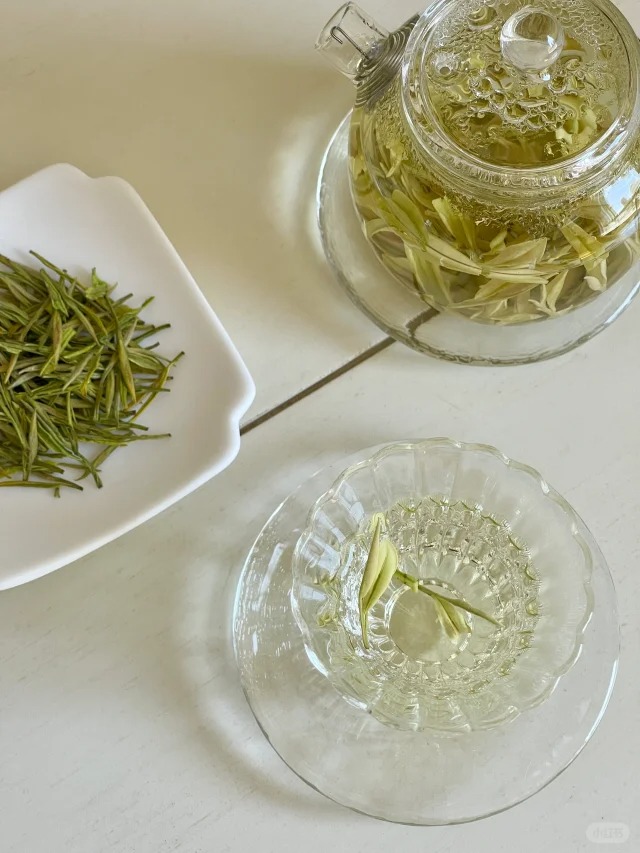
I. The Legend and History of Tianshui White Tea
The origin of Tianshui white tea is closely tied to the history of Gansu. According to legend, in ancient times, a kind-hearted fairy gave a magical tea to help the suffering people. This tea not only healed wounds but also brought good luck, and it was passed down through generations, becoming a treasured tea. Tianshui white tea's history dates back to the Tang and Song dynasties. With the rise of the Silk Road, it gradually became a tribute to the imperial court and continued to be passed down among the people. Its unique flavor is deeply connected to the local customs, religious beliefs, and historical sites of Gansu, making it an essential cultural symbol of the region.
II. The Production and Tasting of Tianshui White Tea
Tianshui white tea is made with great care, using only the tender buds of the tea tree. After picking, the tea leaves are naturally air-dried and lightly processed to preserve their original flavor and aroma. This traditional method not only maintains the tea’s natural qualities but also gives Tianshui white tea its unique taste.
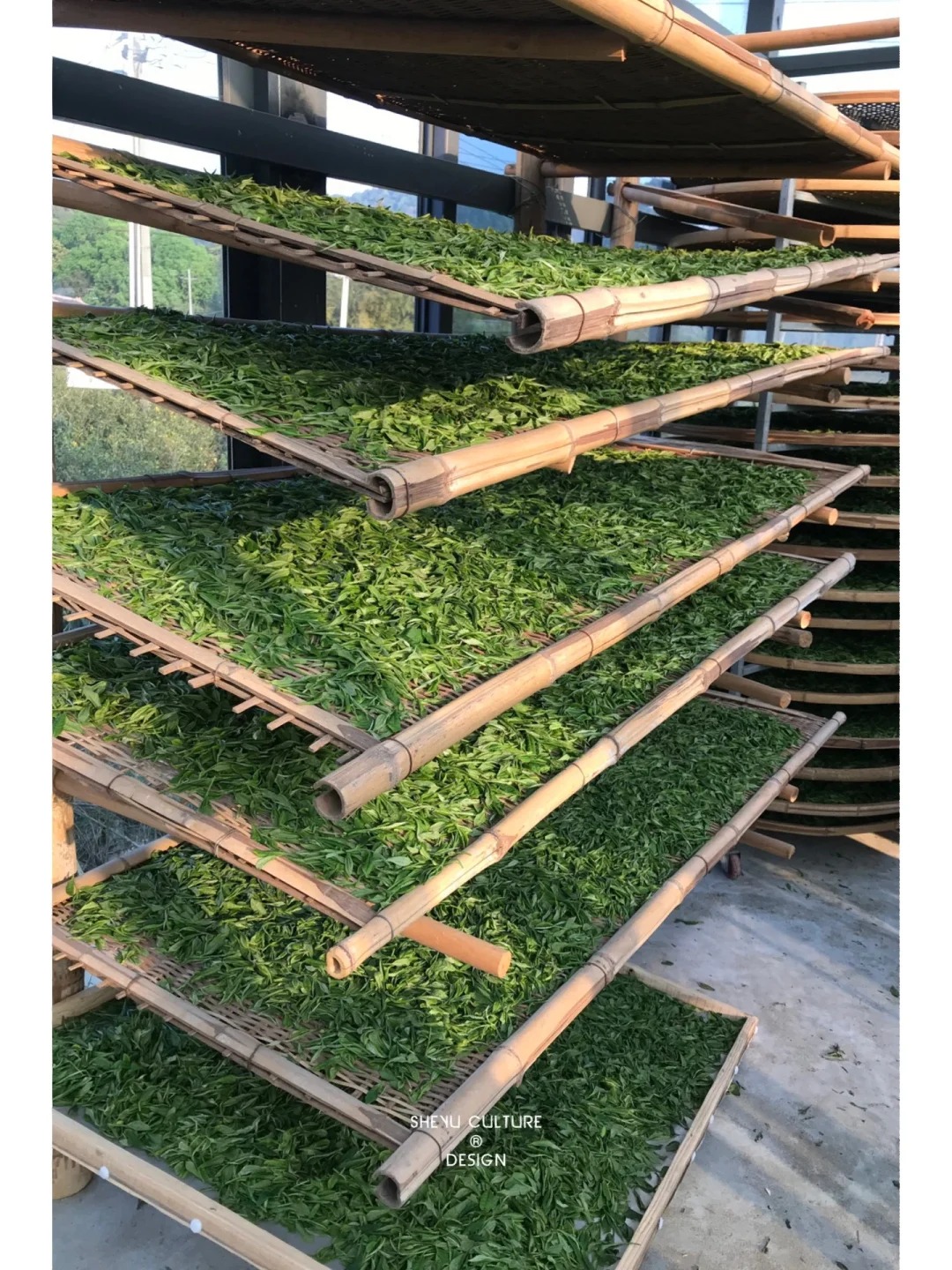
When tasting Tianshui white tea, the brew is clear and transparent, with a light yet rich flavor, accompanied by a subtle sweet fragrance. Its taste is smooth, with a lasting sweet aftertaste, giving a refreshing and pleasant feeling. It is especially ideal for slow sipping during a relaxing time, allowing you to experience the calm and purity of nature.
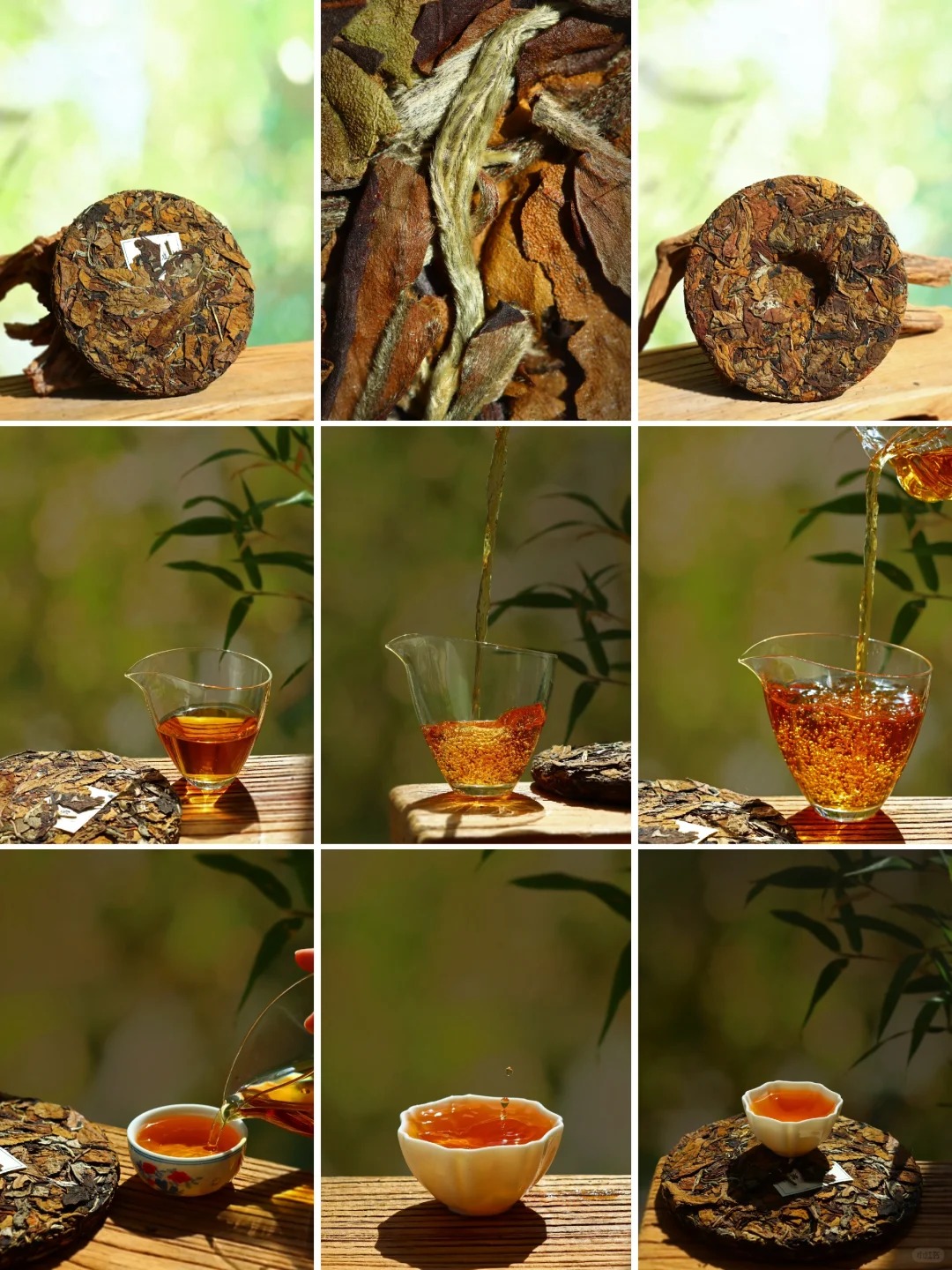
III. Gansu’s Top Attractions and Tianshui White Tea Experience
-
Tianshui Tourist Attractions
-
Maijishan Grottoes: A UNESCO World Heritage site, the Maijishan Grottoes are famous for their exquisite Buddha statues and murals. It is one of Tianshui's key attractions, offering visitors a deep sense of history and culture.
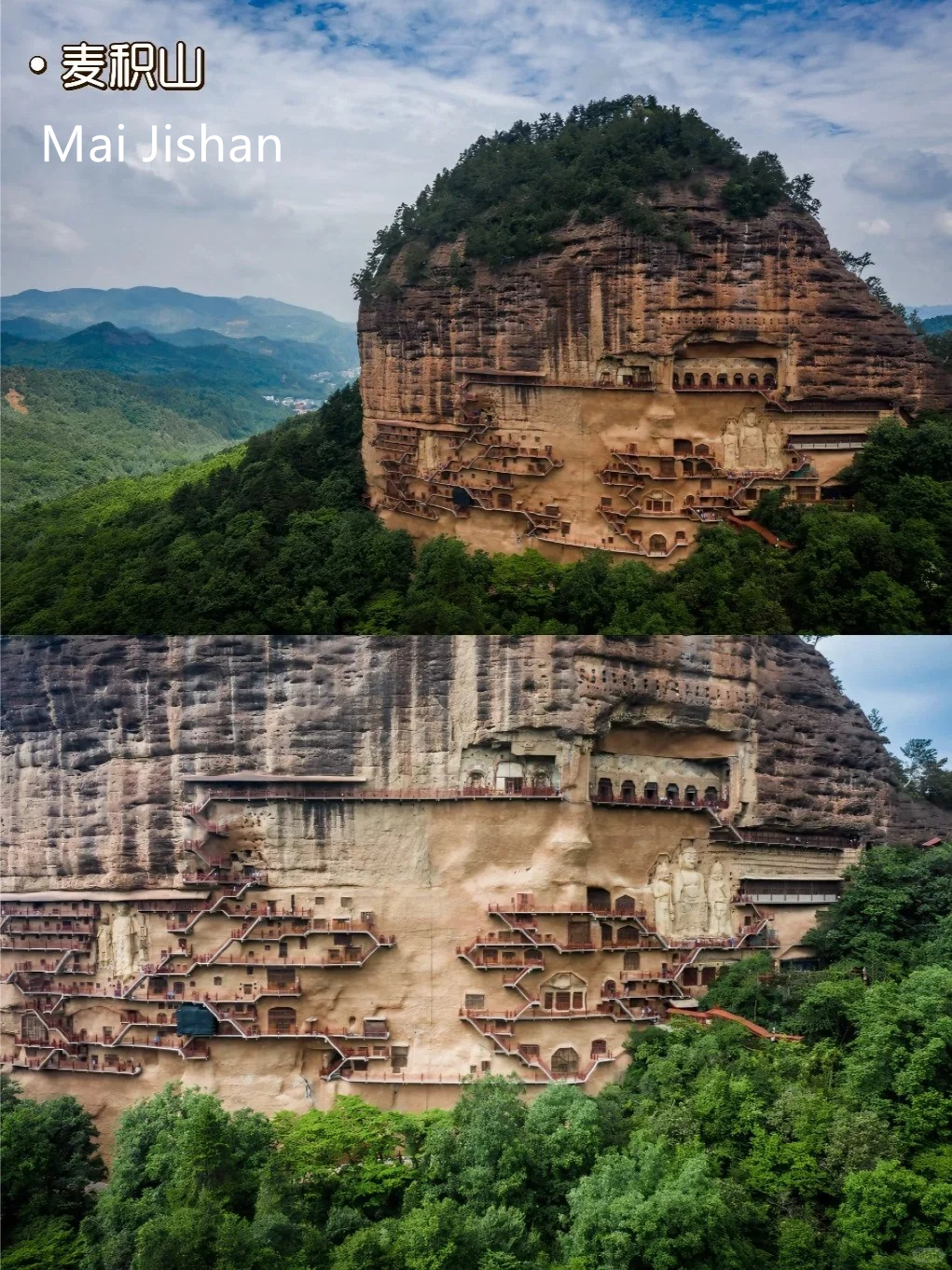
-
Tianshui Ancient Cultural Site: Tianshui is one of the cradles of Chinese civilization, with many ancient sites that showcase thousands of years of cultural development.
-
Tianshui Tea Garden Tour: The tea gardens in Tianshui are set in picturesque valleys. Visitors can tour local tea farms, learn about the cultivation and production of Tianshui white tea, and even enjoy the experience of tea picking, connecting with nature's gifts.
-
White Tea Cultural Experience
By tasting Tianshui white tea, visitors can enjoy its refreshing flavor while learning about its rich history and unique place in Gansu's tea culture. During the tea garden tour, guides will explain the tea's production process, picking techniques, and its close connection with local culture, offering a deep dive into the charm of tea culture.
IV. Practical Travel Tips for Gansu
-
Best Time to Visit
Spring and autumn are the best times to visit Gansu, especially Tianshui. Spring has mild weather and beautiful tea gardens, while autumn is perfect for tea tasting and sightseeing. Avoid summer’s heat and winter’s cold.
-
Transportation and Accommodation:
-
Transportation: Gansu is accessible by train, bus, or self-drive from Lanzhou or Tianshui. Self-driving is ideal for exploring tea gardens and historical sites.
-
Accommodation: Stay in local guesthouses or tea garden areas for a peaceful experience and to enjoy tea culture and local food.
-
-
Travel Tips:
-
Comfortable Clothing: Wear comfortable shoes for different terrains and prepare for temperature changes, especially in the mountains.
-
Tea Etiquette: Learn about tea culture and participate in traditional tea ceremonies when visiting tea gardens or tea houses.
-
